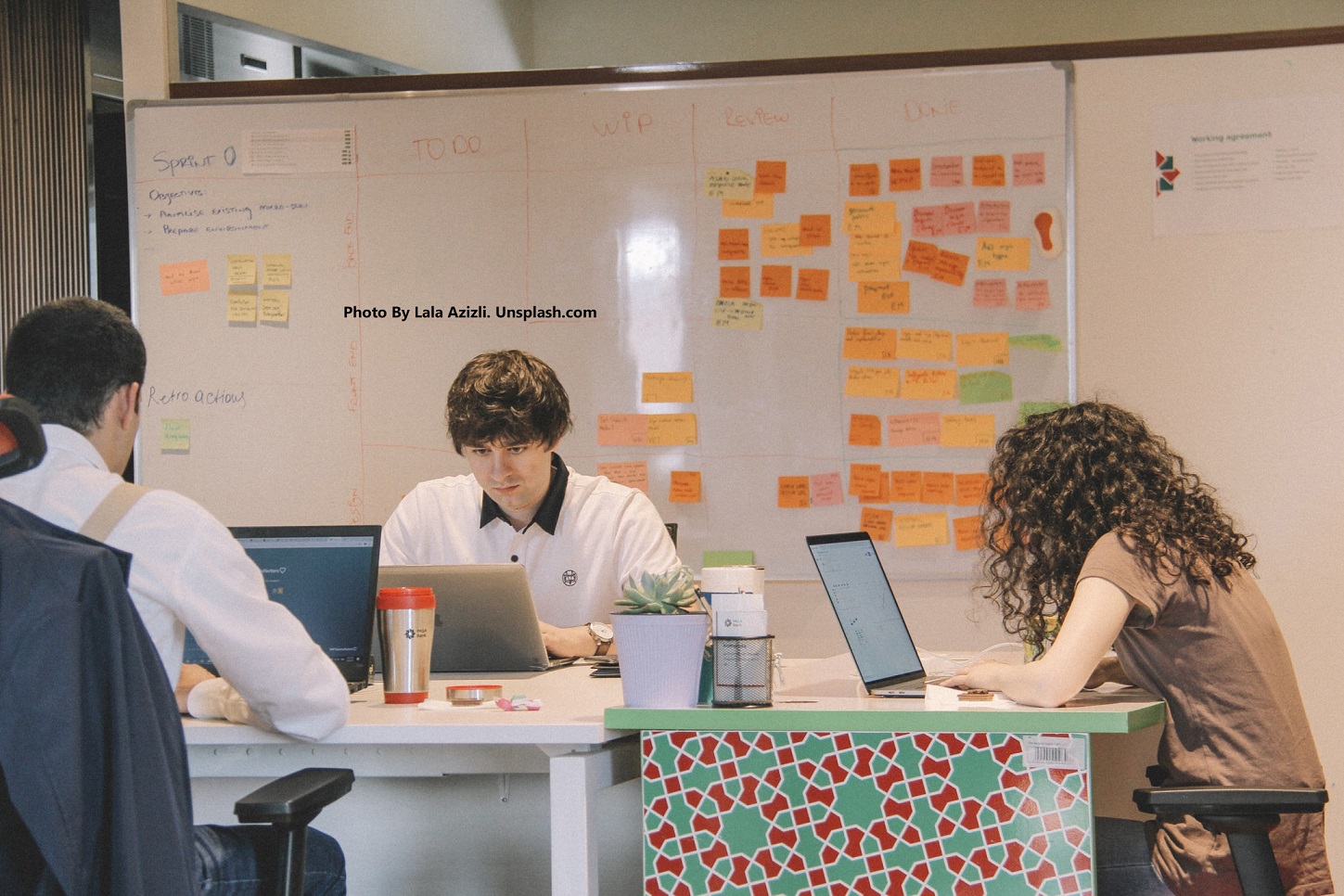
07 Oct Being Agile In Day To Day Life
Agile is a philosophy which is extensively used in managing projects. The agile philosophy has become extremely popular in the world and its popularity is increasing by the day. Can we use the agile philosophy in our day to day life?
The agile philosophy has become so popular because of the agile mindset explained in the agile manifesto. The agile philosophy values 4 things.
The first out of them is to value people and interactions with people, more than formalities and processes that are imposed. This is one value that is useful for us in any walk of life. Whatever we are doing, whatever we are fulfilling or completing, we should value people involved over the formalities
The agile philosophy also values working software over comprehensive agreements and customer collaboration over contract negotiation, which we can translate for ourselves as delivering value over formal documentation and being empathetic over micromanaging and insisting on unnecessary discipline. Rather than picking arguments about the papers and documents, if we focus on what matters most at this point in time, we would easily grow better. Many times, our priorities change with time. If we focus on achieving value at that particular point rather than rigidly sticking to our plans, we would be happier. It would mean getting something concrete NOW.
One of the most important agile philosophy values is ‘Responding to Change’ which we can implement in day to day life as being flexible or being adaptive to changes that happen in life.
The Agile projects are goal driven and are iterative as well as incremental. Meaning that the agile projects are managed to achieve goals, but all the steps to achieve the goals are not very rigidly planned at the beginning. The final goal is achieved by splitting the goal into small value deliveries and delivering those values by working with focus in short bursts. Working in short focused bursts to deliver value increases the customer satisfaction and helps the customer actually understand what he will finally get. This in turn can mean some changes or feedback about whatever is delivered. But the feedback or changes required can be known relatively early. It is a lot easier to adapt to changes or corrections if the changes or corrections are known early. Getting what really delivers value will always mean growing customer satisfaction.
Fine, this can mean that the agile projects are useful in business, but is the agile philosophy useful in our day to day life? The answer to this is a big resounding YES.
Build your “Life Product Backlog”
List everything that you want to do in your life. Arrange it as per your priorities. Do not worry if you do not remember everything that you have always wanted to do. You can always add to it later and reprioritize.
Plan and document the action items for the To-Do-List you have built.
Build your “Current Iteration Backlog”!
Decide a time frame of 2 to 4 weeks and decide what action items you want to work on from your “To-Do List” (Your “Life Product Backlog”). Pick any 2 or 3 things that will mean a lot to you and can be finished in those 2 to 3 weeks.
At the end of the short iteration you have decided, check against your goal list. If you like what happened during that short period, celebrate and plan the next cycle. If you feel that your priorities need to be changed or corrected do that and start working with your next iteration.
Remember to adapt to the Agile Mindset, work with your best focus, be motivated and Within a few months, you will realize how well you have progressed.



No Comments